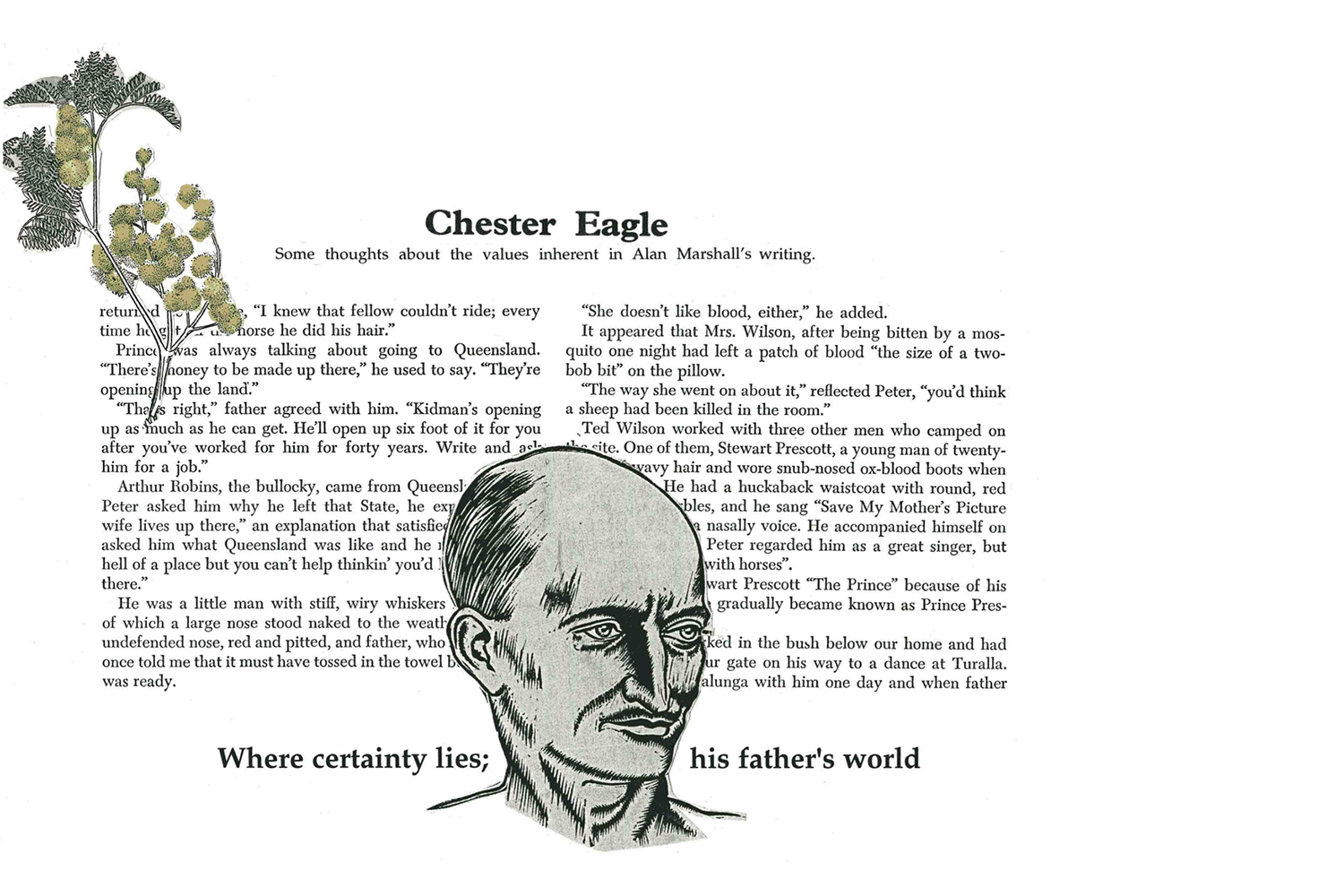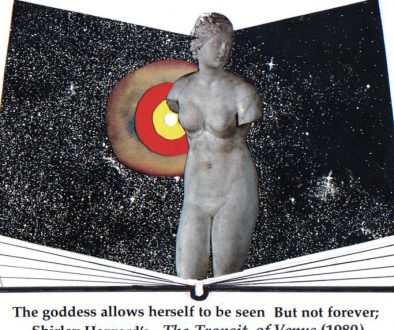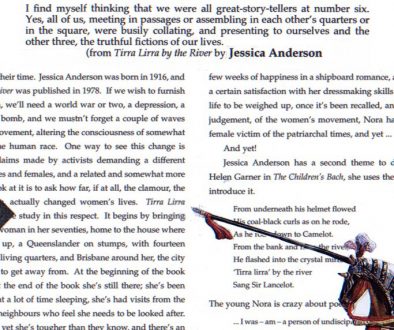11. Where certainty lies; his father’s world

11. Where certainty lies; his father\'s world
Some thoughts about the values inherent in Alan Marshall’s writing.
Where certainty lies; his father\'s world:
In This is the Grass there is a man called Gulliver (Marshall is not very good at inventing names) who plays the piano. He plays Rachmaninoff, Chopin, Bach and Beethoven. Marshall says of his own responses: ‘The greater the composer the more he demands from the listener, and I did not yet possess what the greatest music demanded.’ He is happier with folk songs and ballads.
I could never hear music or listen to singing without seeing people behind it. Ballads evoked the vision of a vast number of people singing their longings, their hopes, their despairs, their defiance, and stirred me to feelings of exaltation. The words might be sentimental, the music paltry, but I respected them and defended them hotly against the contempt of Mr Gulliver, to whom grand opera supplied all he needed in song.
He goes on:
I think I was really defending my father when I defended folk music and ballads against contempt. Not only my father, but all those simple men and women who had been uplifted and strengthened and comforted by the songs that sprang from the demand of countless hearts.
My father loved music though, in all his life, he had never heard an orchestra nor seen an opera. Under its spell he did not become a man on a pinnacle of dreams but a man inspired to an unselfish giving of himself for the benefit of others. [read more]
Introduction:
In 1981 Patrick White published an autobiographical book called Flaws in the Glass; the Melbourne Age commissioned two reviews, one of them from Hal Porter, who said, among many things unflattering to ‘Mr White’:
Writers of my sort can be said not so much to read as to examine another writer’s work rather as one car freak examines the vehicle and driving of another car freak. One says, “Splendid vehicle! Superb driving!” Or, “Nice vehicle! Ghastly driving!” Or, “Can’t stand that kind of cumbersomely pretentious vehicle! And what bewildering and erratic driving!”
Hal confesses that the third attitude is his to the novels and plays of ‘Mr White’. I will say no more at this point about Mr White or Mr Porter, but I quote this comparison of writer and car freak because in the essays that follow I am the freak who comments on others of his kind. I know I can’t see my essays as others will see them but I imagine some readers accusing me of many things, and others, well trained, perhaps, in one or another school of literary or social criticism, who will think my observations no more than shallow or ignorant. To such people I can only say that these essays offer whatever it is that a fellow-writer can offer, and don’t pretend to offer anything else.



